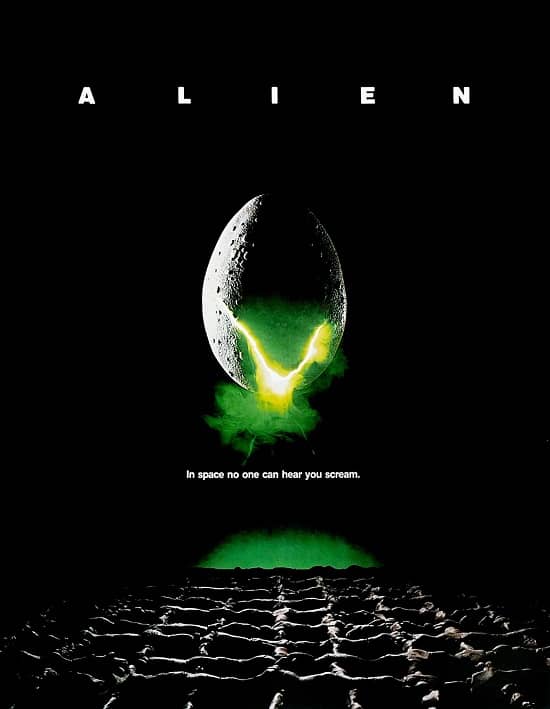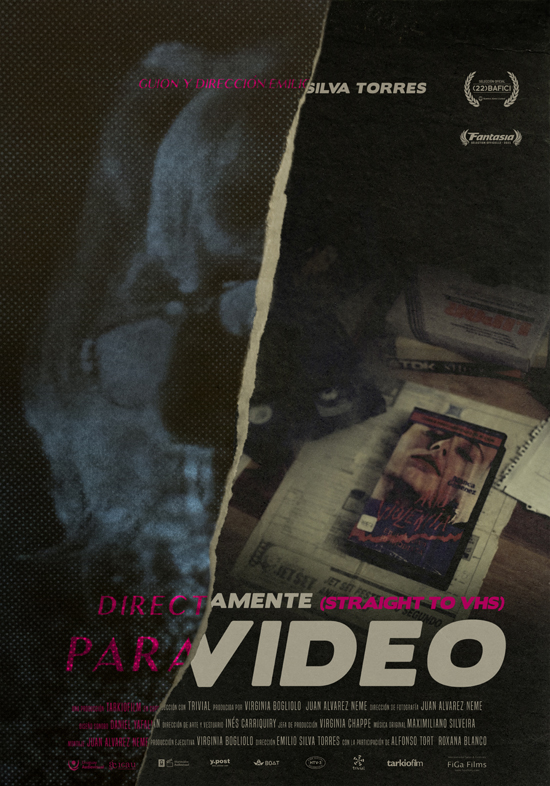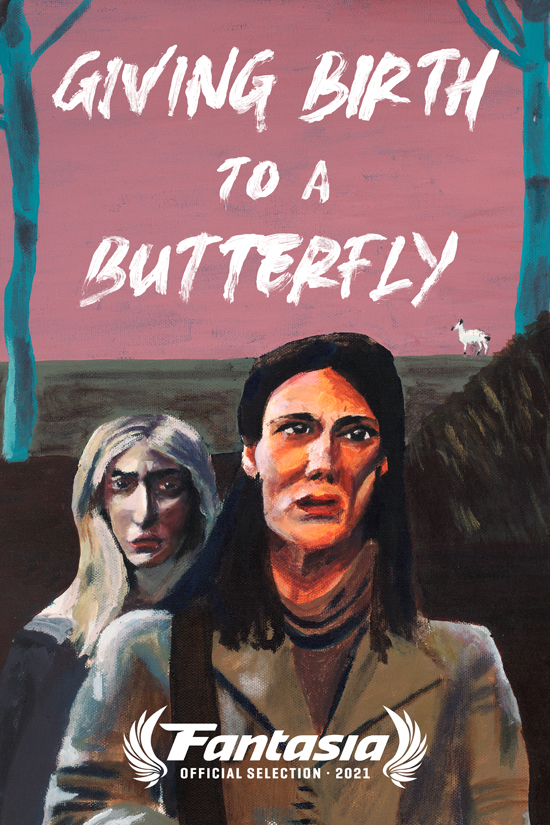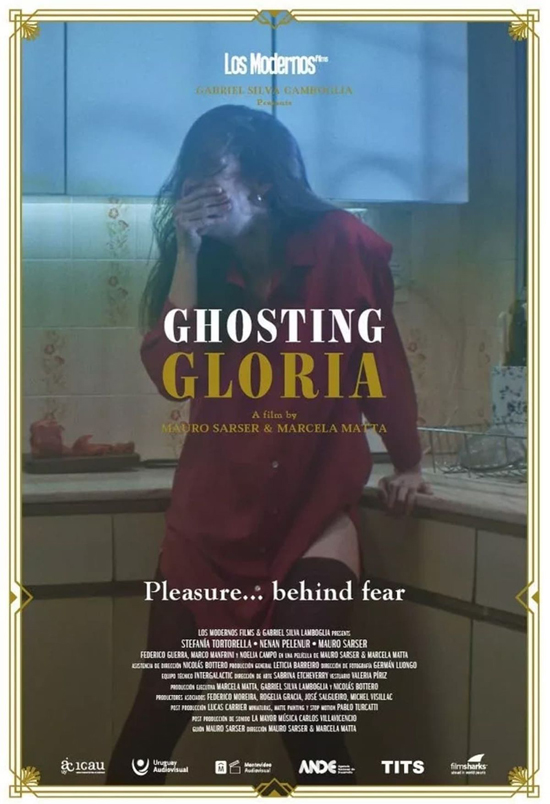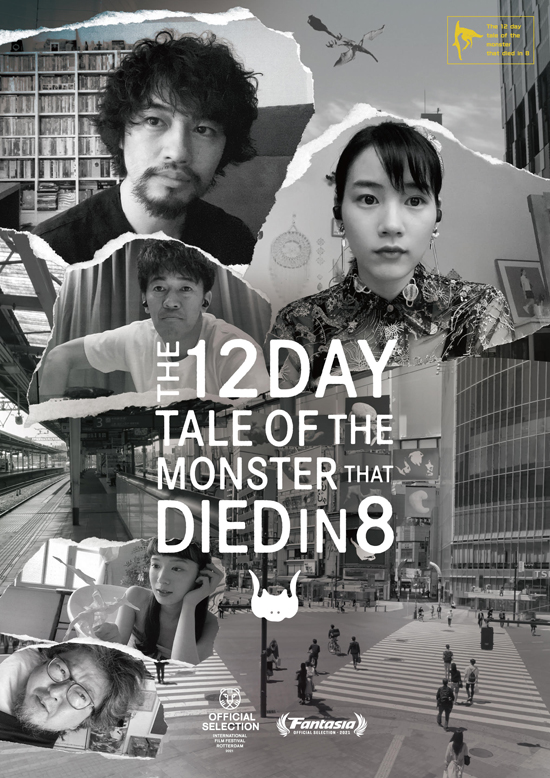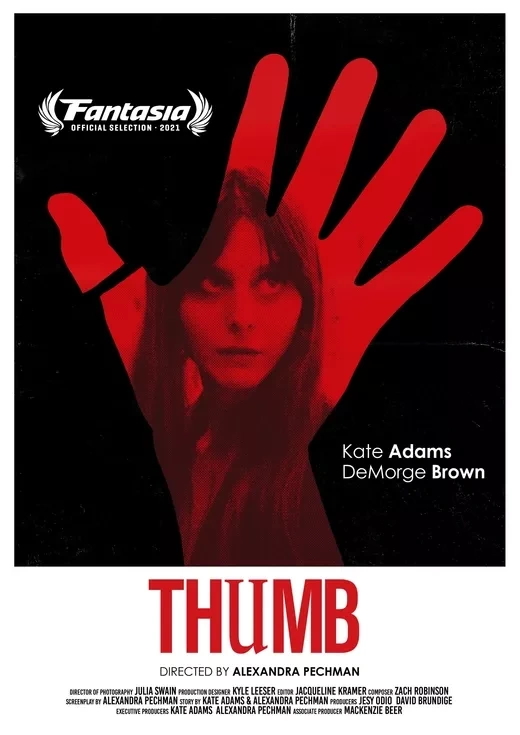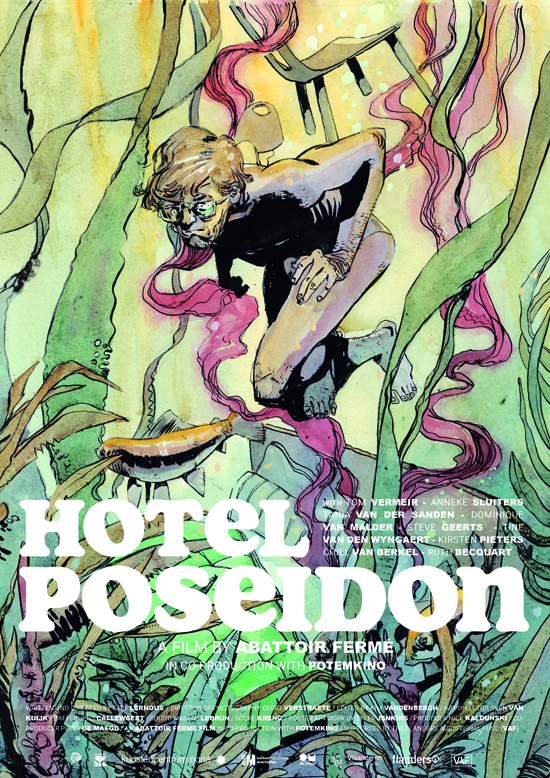Fantasia 2021, Part XXV: Return Of The Bastard Swordsman
 A drum roll and trumpet fanfare; a multicoloured glassy background; a shield-shaped logo with a sunburst inside it and the big letters S and B. It’s the intro to a film, and it tells you just what you’re going to get. The letters stand for Shaw and Brothers, and for me the Fantasia International Film Festival only feels like Fantasia once I watch a classic Shaw Brothers kung-fu cinema gem. Fantasia selections from the Shaw archives typically draw from the later and weirder end of their catalogue, and so it was in 2021 with Return Of The Bastard Swordsman (天蠶变之布衣神相, Bu yi shen xiang).
A drum roll and trumpet fanfare; a multicoloured glassy background; a shield-shaped logo with a sunburst inside it and the big letters S and B. It’s the intro to a film, and it tells you just what you’re going to get. The letters stand for Shaw and Brothers, and for me the Fantasia International Film Festival only feels like Fantasia once I watch a classic Shaw Brothers kung-fu cinema gem. Fantasia selections from the Shaw archives typically draw from the later and weirder end of their catalogue, and so it was in 2021 with Return Of The Bastard Swordsman (天蠶变之布衣神相, Bu yi shen xiang).
It’s the 1984 sequel to 1983’s Bastard Swordsman, which played Fantasia in 2017 and is considered here. Brought to us by director Tony Lu, with a story by Ying Wong and a screenplay by Lu and Kuo-Yuan Chang, it picks up right after the first one ends and eases us back in to the story. The evil Invincible Clan want to wipe out the good guys of the Wudang Clan, so one of the Wudang decides to track down Yun Fei Yang (Norman Chu), who mastered the silkworm style and brought victory to Wudang in the original Bastard Swordsman. He’s gone missing, now, though, in Wudang’s hour of need. Yet the evil Dugu Wu Di (Alex Man) of the Invincible Clan has problems of his own — a group of ninjas from Japan has arrived to challenge the champions of China for supremacy in the martial world.
